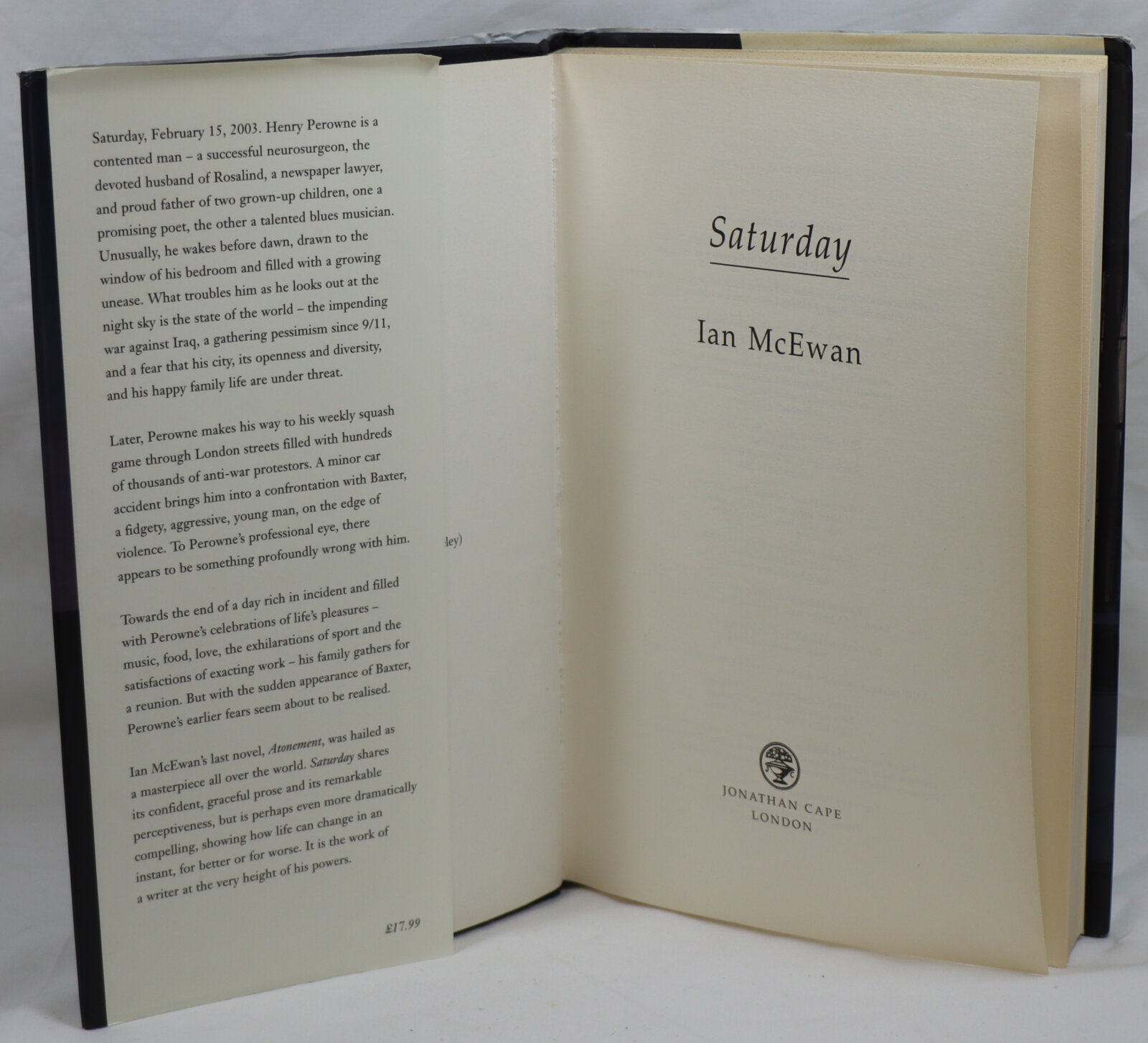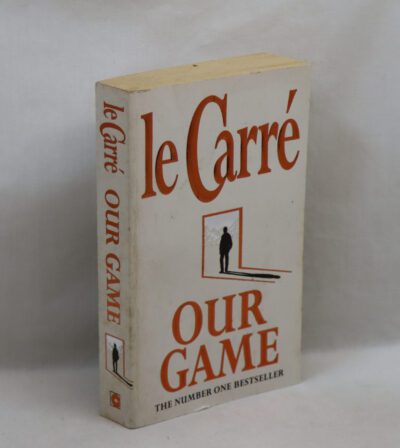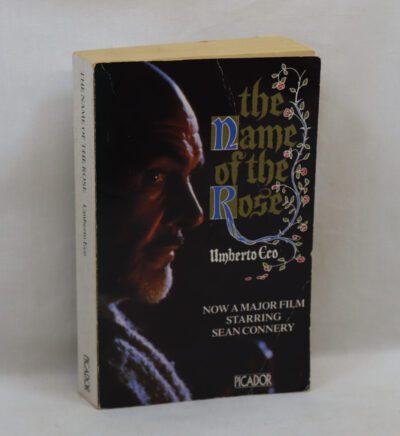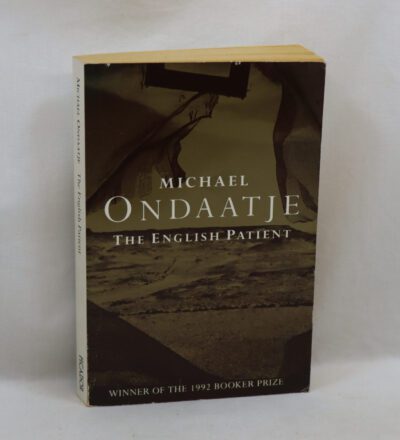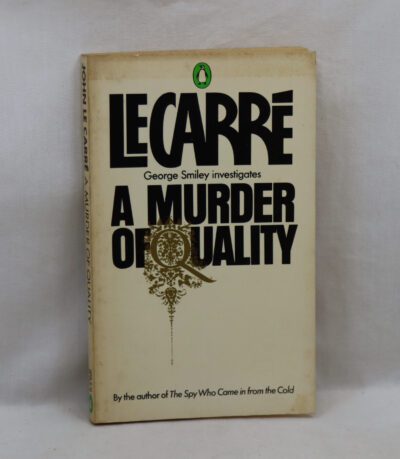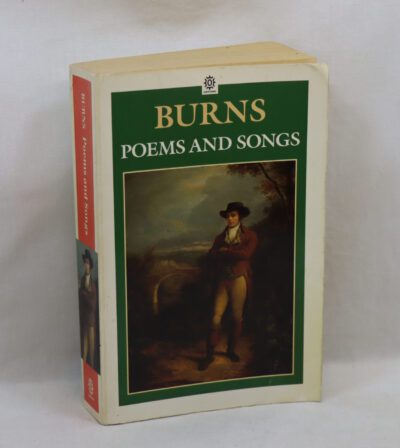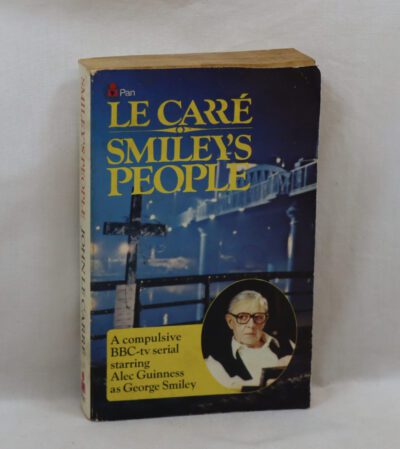Saturday.
By Ian MacEwan
ISBN: 9780307371225
Printed: 2005
Publisher: Jonathan Cape. London
| Dimensions | 17 × 24 × 3 cm |
|---|---|
| Language |
Language: English
Size (cminches): 17 x 24 x 3
Condition: Fine (See explanation of ratings)
Item information
Description
In the original dustsheet. Black cloth binding with gilt title on the spine.
-
F.B.A. provides an in-depth photographic presentation of this item to stimulate your feeling and touch. More traditional book descriptions are immediately available
Saturday, February 15, 2003. Henry Perowne is a contented man – a successful neurosurgeon, the devoted husband of Rosalind, a newspaper lawyer, and proud father of two grown-up children, one a promising poet, the other a talented blues musician. Unusually, he wakes before dawn, drawn to the window of his bedroom and filled with a growing unease. What troubles him as he looks out at the night sky is the state of the world – the impending war against Iraq, a gathering pessimism since 9/11, and a fear that his city, its openness and diversity, and his happy family life are under threat. Later, Perowne makes his way to his weekly squash game through London streets filled with hundreds of thousands of anti-war protestors. A minor car accident brings him into a confrontation with Baxter, a fidgety, aggressive, young man, on the edge of violence. To Perowne’s professional eye, there appears to be something profoundly wrong with him. Towards the end of a day rich in incident and filled with Perowne’s celebrations of life’s pleasures – music, food, love, the exhilarations of sport and the satisfactions of exacting work – his family gathers for a reunion. But with the sudden appearance of Baxter, Perowne’s earlier fears seem about to be realised. Ian McEwan’s last novel, Atonement, was hailed as a masterpiece all over the world. Saturday shares its confident, graceful prose and its remarkable perceptiveness, but is perhaps even more dramatically compelling, showing how life can change in an instant, for better or for worse. It is the work of a writer at the very height of his powers.
Review: – The critical response to Saturday must be making Ian McEwan a very happy man (not that his virtually unassailable position as Britain’s leading novelist has been in doubt). While contemporaries (and rivals) Martin Amis and Will Self have had much more hit-or-miss records recently, each new McEwan novel gleans a host of plaudits, and Atonement has been generally hailed as his masterpiece. Saturday may not enjoy quite such acclaim, but it’s a remarkably accomplished piece of work, as richly drawn and characterised as anything he has written. McEwan’s protagonist is neurosurgeon Henry Perowne, a man comfortably ensconced in an enviable upper middle class existence. His wife is a successful newspaper lawyer, his daughter Daisy a budding poet. But as he wakes one Saturday morning and witnesses a plane accident through his window, he is not yet aware that this is a harbinger of a sustained assault on all that he holds dear. It’s a McEwan trademark to begin his novels with a striking or violent rupture of everyday existence, but this opening is a prelude to his most impressively sustained narrative yet. It’s the publication day of Henry’s daughter’s poetry collection, but a chance encounter with a drunken trio emerging from a lap-dancing club ends violently, even as a march against the war in Iraq streams past nearby. And this encounter with the menacing Baxter, main antagonist of the group, is to have fateful consequences. As Saturday progresses, Henry is forced to examine every aspect of his life and beliefs, not least his attitude to the war. Unlike many of his peers, McEwan is not content to reduce the issues of the war to simple opposition, in which Tony Blair is characterised as a war criminal. Henry has treated a victim of Saddam’s brutality, and although a comic encounter with the Prime Minister himself is a highlight of the book, both Henry (and his creator) are obliged to consider the complex skein of the conflict from all sides. While there are missteps (the poetic daughter, Daisy, is thinly drawn), McEwan’s invigorating and trenchant novel is an unmissable experience. –Barry Forshaw
Ian Russell McEwan CH CBE FRSA FRSL (born 21 June 1948) is a British novelist and screenwriter. In 2008, The Times featured him on its list of “The 50 greatest British writers since 1945” and The Daily Telegraph ranked him number 19 in its list of the “100 most powerful people in British culture”. McEwan began his career writing sparse, Gothic short stories. His first two novels, The Cement Garden (1978) and The Comfort of Strangers (1981), earned him the nickname “Ian Macabre”. These were followed by three novels of some success in the 1980s and early 1990s. His novel Enduring Love was adapted into a film of the same name. He won the Booker Prize with Amsterdam (1998). His next novel, Atonement, garnered acclaim and was adapted into an Oscar-winning film featuring Keira Knightley and James McAvoy. His later novels have included The Children Act, Nutshell, and Machines Like Me. He was awarded the 1999 Shakespeare Prize, and the 2011 Jerusalem Prize.
Want to know more about this item?
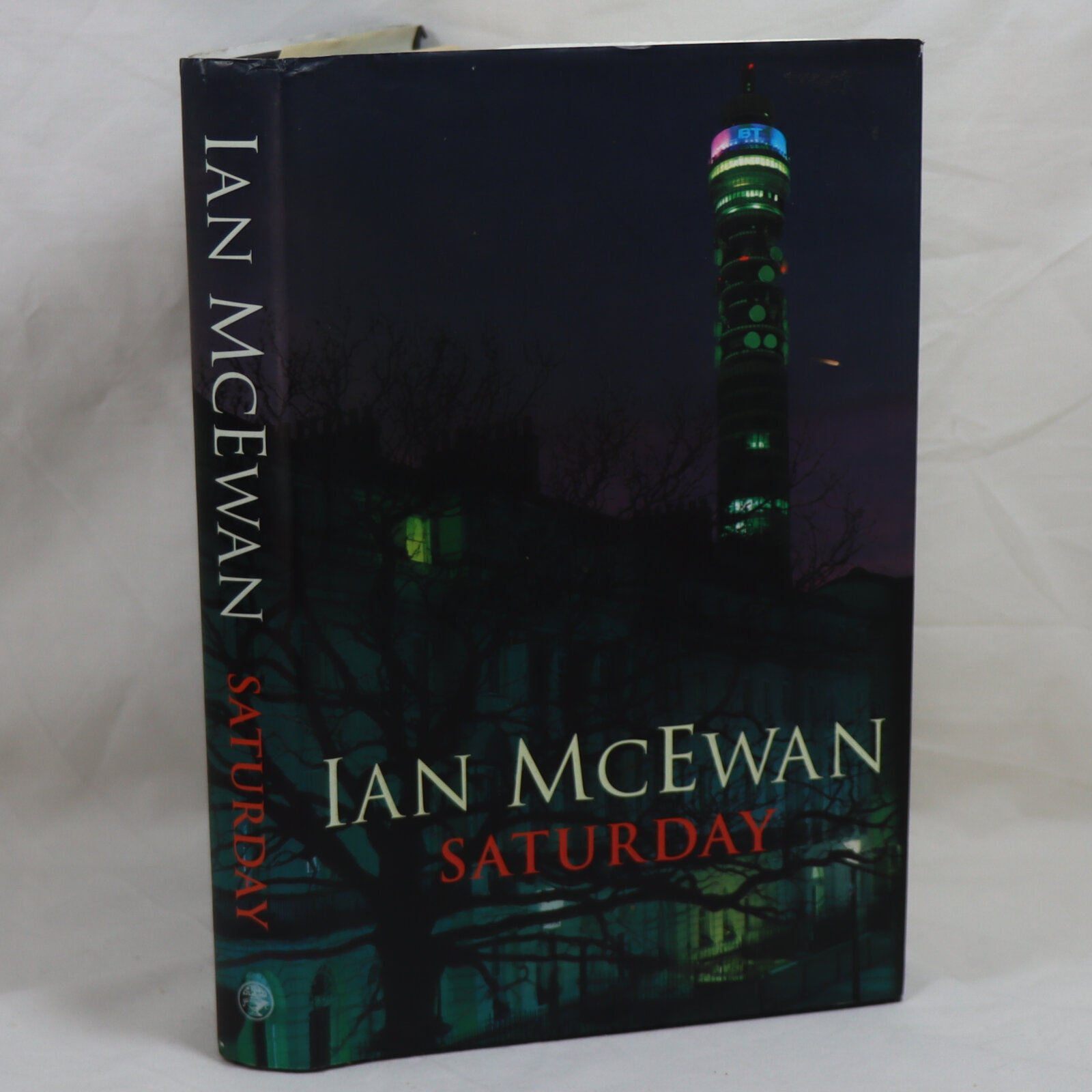
Related products
Share this Page with a friend

